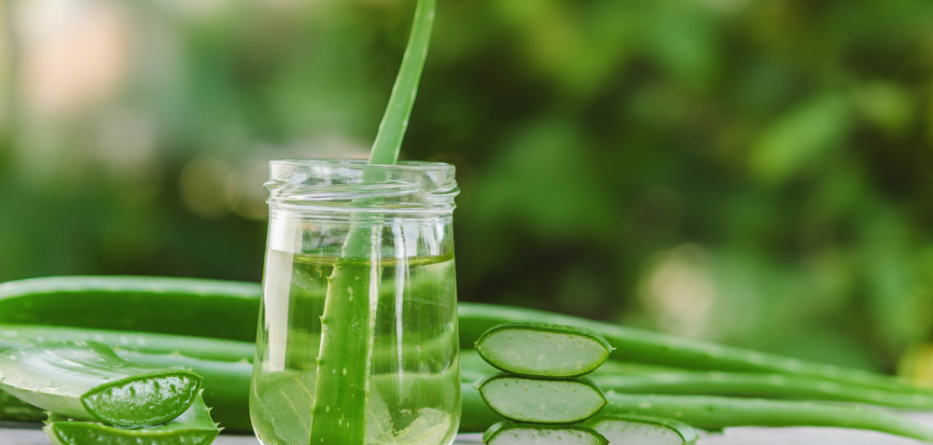Psoriasis is a common skin condition that changes the life cycle of skin cells. It causes the rapid buildup of cells on the skin’s surface.
Natural remedies that may help with psoriasis or psoriatic arthritis
It is important to first have a talk with your doctor before taking any herbal remedies for psoriasis. Some remedies may interact dangerously with other forms of medication. It is also recommended that one should not take any herbal remedies if they are pregnant, breastfeeding, or suffer from other medical conditions like diabetes, high blood pressure or mood disorders. If you try the herbal remedies and experience any side effects, stop the use immediately and consult a doctor.
- Aloe Vera. The aloe plant produces a gel which can be applied to the skin up to three times a day. It is known to reduce redness and scaling common in psoriasis. There is no scientific evidence supporting the use of aloe in tablet form, and it may prove to be dangerous.
- Apple cider vinegar. It was commonly used in the ancient times as a disinfectant. It may help reduce itching. Organic vinegar bought at the grocery store can be applied to the scalp several times a week to reduce itching. Some people recommend diluting the vinegar with water in a 1:1 ratio to avoid a burning sensation. However this remedy should be avoided if the scalp skin is cracked or bleeding as this will only increase the burning sensation and irritate the skin more. If the solution works, one should be able to see positive results in a couple of weeks.
- Capsaicin. Capsaicin is what causes chili peppers to be hot. When it is added to creams and ointments, it blocks nerve endings that transmit pain. Though some people experience a burning sensation after applying capsaicin creams. Some German researchers from the University Medical Center Freiburg- Freiburg found that OTC creams that had capsaicin may reduce pain, itching, inflammation and redness associated with psoriasis. Researchers say that more research should be done to assess its long term effects and safety.
- Dead Sea salts. Epsom salts or Dead Sea salts can be added too warm bath water. One can soak in a tub where the water is enriched with these salts to remove scales and ease the itching. It is recommended that one applies moisturizer after leaving the tub. With time the effects are noticeable.
- Oats. They are considered by some to be nature’s best soothers. It has however not been proven scientifically if there are any benefits from using oats to relive psoriasis. Some individuals claim that applying a paste make from oats or soaking in a tub infused with oats as beneficial in that it reduces redness and itching.
- Tea tree oil. This oil is acquired from the leaves of a plant that is native to Australia. It is believed to have antiseptic qualities and is beneficial when applied to the skin. Using a shampoo that has tea tree oil infused in it, eases scalp psoriasis in some people. No scientific studies have been done though to prove the efficiency of tea tree oil on psoriasis. It is also recommended that the oil be used with care.
- Turmeric. This is one frequently studied herb for its powerful ant-inflammatory and antioxidant properties. Curcumin is the active ingredient in turmeric is known to alter gene expression. The international union of biochemistry and molecular biology did a review in the year 2012 and highlighted turmeric’s ability to alter TNF cytokine expression. Some patients find it useful in minimizing psoriasis and psoriatic arthritis flares. Turmeric as a remedy can be taken in tablet form as a supplement and if one likes curries moderately added to food when cooking. 1.5 to 3.0 milligrams of turmeric per day is considered safe by the FDA.
- Mahonia Aquifolium (Oregon grape). It is a powerful antimicrobial herb that plays a major role in immune responses. Some studies have been made proving the application of a cream with 10 percent Mahonia topically can reduce psoriasis symptoms. Since Mahonia is an alkaloid it should only be used under the advice of a medical practitioner.




